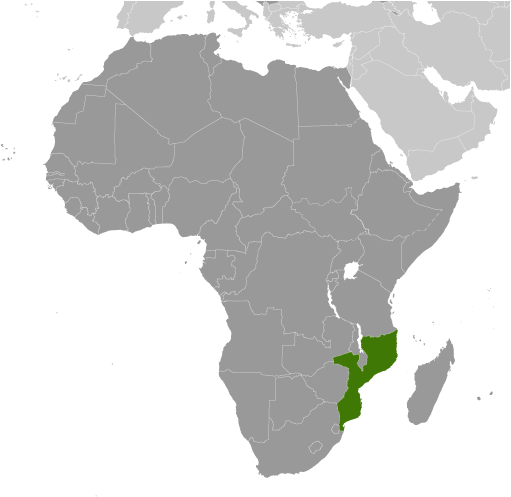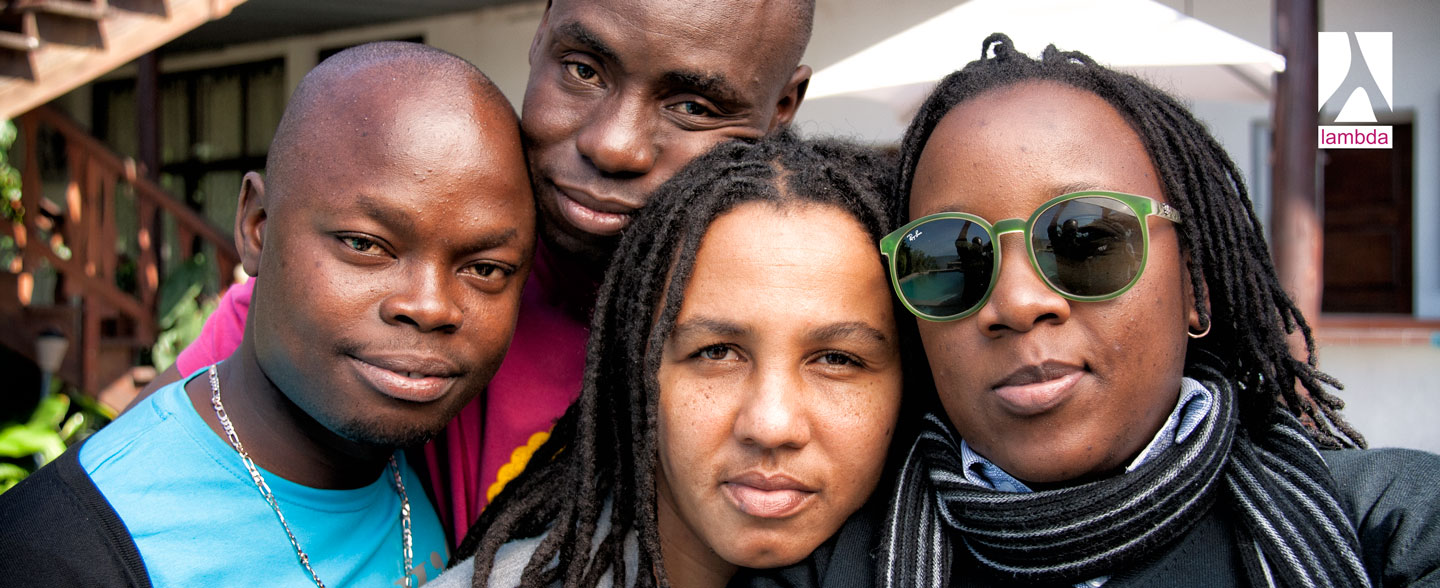Bias still complicates Mozambique’s battle against Aids
Colin Stewart is a 45-year journalism veteran living in Southern…

Mozambique took a huge step forward last year by repealing its law against same-sex intimacy, but the country still faces a huge public health crisis that is exacerbated by homophobia.
An article in The Guardian makes that clear, even though it gives Mozambique too little credit for repealing its anti-LGBT law, referring to the move dismissively as part of “a veneer of progressive policymaking.”
The article also suggests that the repeal of an unenforced law was a no-brainer. (Really?? Tell that to Jamaica or any of the dozens of countries that neither repeal nor enforce such laws, but leave them on the books as underpinnings for homophobia. While you’re at it, tell it to Louisiana and 12 other American states where conservative state legislators refuse to repeal such laws even though they have been ruled unconstitutional.)

This is an excerpt from the Guardian article, “Mozambique’s enduring discrimination leaves gay men untreated for HIV.”
Despite a veneer of progressive policymaking, bias against the rising number of men with HIV remains commonplace in Mozambique, deterring many from seeking treatment.
In June, Mozambique dropped a colonial-era law criminalising homosexual activities. The change passed relatively quietly in the southern African country. After all, no one had ever been convicted.
A few weeks later, Tony Andrea felt like he was coming down with malaria. The 22-year-old went to a government health clinic. Andrea is gay and, despite the recently overturned prohibition, had always felt safe being open about his sexuality. He certainly never suspected it might interfere with his ability to access malaria treatment.
When he arrived at the clinic, “the nurse told me, ‘People like you, you lie a lot … You don’t have malaria,’” he says.
Andrea said he was not sure why she suspected he was gay, but he put it down to his dress or speech. He demanded treatment, but the incident left him shaken. “They are not at all prepared to take care of the LGBT community,” he said of public health workers.
Aside from being demoralising, discrimination against men who have sex with men is jeopardising government efforts to reduce the high incidence of HIV and Aids.
At 11.5%, Mozambique has one of the 10 highest HIV rates in the world. But in Maputo, the capital, among men who have sex with men and are aged 25 years and older, that rate nearly triples to 33.8%. Without access to hospital testing and treatment services, the number will continue to rise. Some of those men also have sex with women, so the virus will spread more widely among the population.
The ministry of health launched a three-year accelerated HIV response plan in 2013 and acknowledged that men who have sex with men are among the social groups that could “perpetuate the HIV epidemic if services are not provided for these hard-to-reach populations”.
Roberto Paulo is a programme officer for Lambda, the country’s only lesbian, gay, bisexual and transgender activist organisation, which offers a haven for those who have faced harassment at health centres. Paulo says transgender people have been refused services until they went home to change their clothes, while gay men have been denied treatment for anal sexually transmitted infections.
“In this hetero-normative society, it’s quite difficult for the LGBT person who needs services,” he says. “It’s quite difficult to leave home, to go to the hospitals.”
A recent survey of men who have sex with men in three Mozambican cities underscores the fallout from this stigma. It found that as many as six out of 10 men who visited health centres in the past year left without getting an HIV test, despite the government’s prioritisation of HIV services in healthcare settings, especially for groups at heightened risk of infection.
The study found that some men were uncomfortable with disclosing their sexual practices – a prerequisite for being identified as at risk. “Men who have sex with men may be reluctant to disclose their sex practices to healthcare workers for fear of being stigmatised and discriminated against,” the researchers concluded.
These are missed opportunities, not only to get patients started on anti-retroviral therapy but also to shore up their knowledge about how to protect themselves and their future partners, and stem the spread of HIV.
Lambda is recommending LGBT-friendly clinics, and does regular sensitivity training for health workers.
More significantly, Paulo says, the group worked with the government and other organisations to draft directrizes (guidelines) that health centres must adhere to when interacting with people from high-risk groups. Paulo hopes the directrizes, which were approved this month, “will open space to more and more people within the health sector”.
Despite overturning the ban on homosexuality, the government has still not approved Lambda’s request for legal registration. Eight years have passed; the process usually takes six months. Paulo says this primarily affects Lambda’s ability to raise money, but Human Rights Watch has said it is “a clear violation of their right to association”.
For more information, read the full article in The Guardian.
Related articles
- Mozambique: Anti-gay law is gone, anti-gay bias remains (76crimes.com)
- 10 years later, tally of 92 anti-LGBT nations drops to 76 (76crimes.com)
- Mozambique: Gay Mozambicans Demand Recognition (AllAfrica)
- 12 grim lands, 7 bright spots in LGBTI preview of 2015 (76crimes.com)


